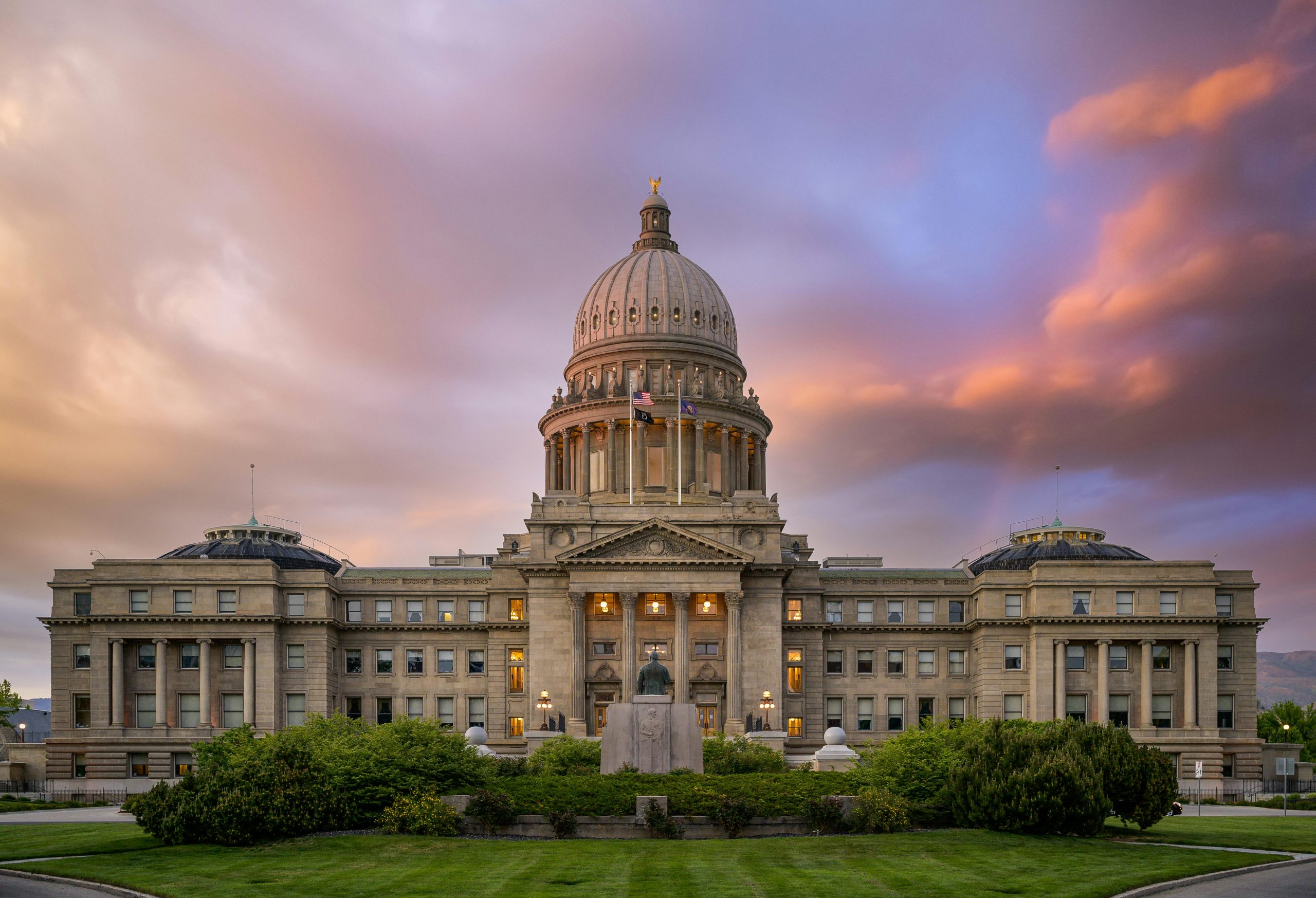Are you planning a family camping trip in bear country? The great outdoors offer incredible experiences for families, but it’s essential to be prepared when you’re in areas inhabited by brown bears, grizzly bears, or black bears. Safety should always come first, especially when you have kids with you. In this blog post, we’ll share valuable tips and tricks on how to maintain your campsite, RV, picnic area, or hiking gear to ensure a safe and enjoyable outdoor adventure.
1. Manage Your Trash Responsibly
Bears have an incredible sense of smell and are often drawn to campsites by the scent of food. To keep these curious creatures at bay:
- Use bear-resistant containers or bear lockers to store your food, trash, and cooking utensils. Ensure they are securely closed at all times.
- Double-bag your trash to minimize odors, and store it away from your sleeping area.
- Don’t burn or bury your trash as bears can still smell it.
Bears are known for their strength and curiosity. Keep your equipment safe and avoid attracting them by:
- Storing your gear in a vehicle or RV whenever possible. Bears can’t get inside if windows and doors are properly and securely closed.
- Hang your food and trash at least 10 feet above the ground and 4 feet away from any tree trunk to make it inaccessible to bears.
- Keep a safe distance from bears if you encounter one while hiking. Never approach them, and give them plenty of space to move away.
2. Secure Your Equipment
3. Protect Yourself from Bears
While it’s rare to encounter bears, it’s crucial to be prepared for such situations:
- Carry bear spray and know how to use it. Make sure all family members are familiar with its operation.
- Make noise while hiking to alert bears to your presence, as surprising them can lead to defensive behavior. (Hint: Just bring young kids and they will make PLENTY of noise on any hike!)
- If you see a bear in the distance, change your route to avoid it. Back away slowly if it approaches, and never run.
Campsite preparation is key to a safe and enjoyable experience:
- Choose a campsite away from areas with fresh bear signs such as scat, tracks, or overturned rocks.
- Keep a clean camp by promptly washing dishes and disposing of food scraps in designated areas.
- Avoid cooking and storing food in your tent. The scent can linger and attract bears.
- Teach your children about bear safety, so they know how to behave in bear country.
4. Be Bear-Aware in Camp
5. Stay Informed
Before heading out, research the specific bear activity in the area you plan to visit. Local park rangers and online resources can provide valuable information about recent bear sightings and behavior.
Bears are known for their strength and curiosity. Keep your equipment safe and avoid attracting them by:
- Storing your gear in a vehicle or RV whenever possible. Bears can’t get inside if windows and doors are properly and securely closed.
- Hang your food and trash at least 10 feet above the ground and 4 feet away from any tree trunk to make it inaccessible to bears.
- Keep a safe distance from bears if you encounter one while hiking. Never approach them, and give them plenty of space to move away.
2. Secure Your Equipment
6. Emergency Plan
Lastly, always have an emergency plan in place. This includes knowing how to react if a bear approaches your camp or if you’re on a hike. Designate a meeting point, and ensure everyone in your family is aware of the plan.
Remember, bear encounters are rare, and most bears prefer to avoid humans. By following these safety tips, you can minimize the risk and enjoy your outdoor adventures in bear country. Embrace the beauty of the wilderness and create lasting memories with your family, knowing you’re well-prepared for any situation. Stay safe, and happy camping!
Additional Tips from the National Park Service
When it comes to bear safety, the National Park Service (NPS) is a trusted authority with decades of experience managing wildlife encounters in some of the most pristine wilderness areas. Here are some valuable tips directly from the NPS that can further enhance your family’s safety in bear country:
7. Bear Encounters: Be Calm and Collected
- If you encounter a bear at a distance, avoid direct eye contact, which bears may perceive as a threat.
- Speak calmly and firmly to let the bear know you are human. Back away slowly without turning your back on the bear.
- If a bear approaches, make yourself look bigger by raising your arms and holding your backpack or jacket above your head.
- When hiking in bear country, travel in groups and make noise to alert bears to your presence. Most bears will avoid humans if they know you’re there.
- Clap your hands, sing, or talk loudly. Carrying bear bells can also help make noise as you hike.
8. Hiking and Noise-Making
9. Watch out for Wildlife
- You should always be mindful when driving your vehicle in areas with heavy wildlife traffic.
- Be cautious when driving through bear country, as bears may be on or near the road.
- Always maintain a safe distance from bears and never feed them. Feeding bears can lead to dangerous encounters and harm the bear.
- Be especially cautious during spring and early summer when mother bears with cubs are more protective and defensive.
10. Respect Bear Behavior
11. Know Your Escape Route
- Whenever you’re in bear country, identify escape routes or safe areas in case of an encounter.
- Discuss these routes with your family, so everyone knows where to go in an emergency. (Just like a fire escape plan at home.)
By incorporating these additional tips from the National Park Service into your bear safety plan, you’ll be well-prepared to enjoy your outdoor adventures while minimizing the risk of bear encounters. The NPS has a wealth of knowledge and resources to help ensure your family’s safety in the wild, so take advantage of their expertise as you plan your next bear country excursion. Remember, the more you know about bear behavior and how to coexist with these magnificent creatures, the safer and more enjoyable your outdoor family adventures will be.


